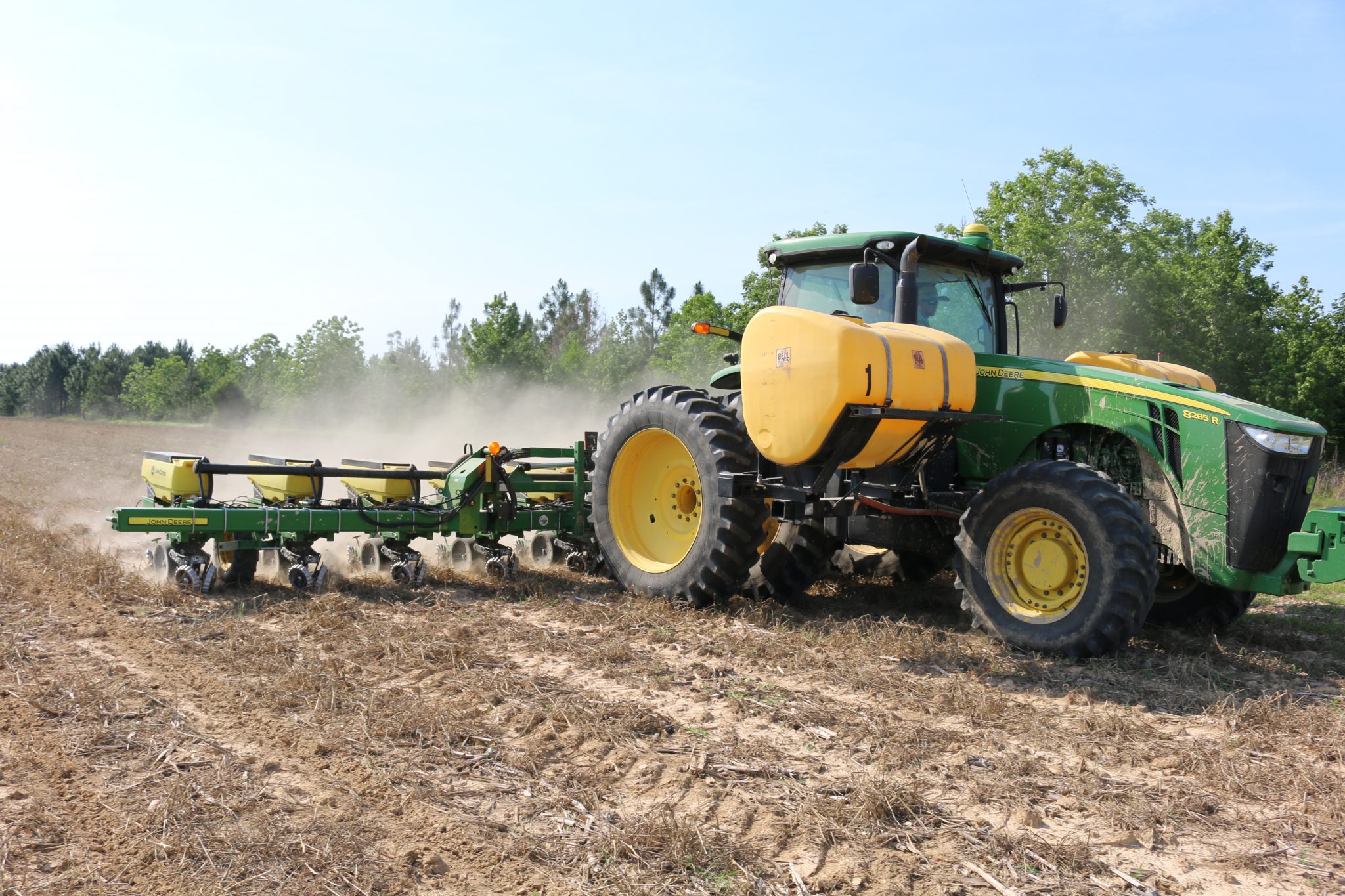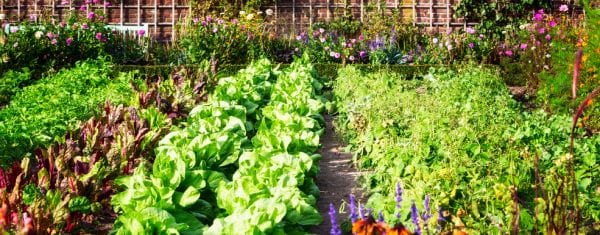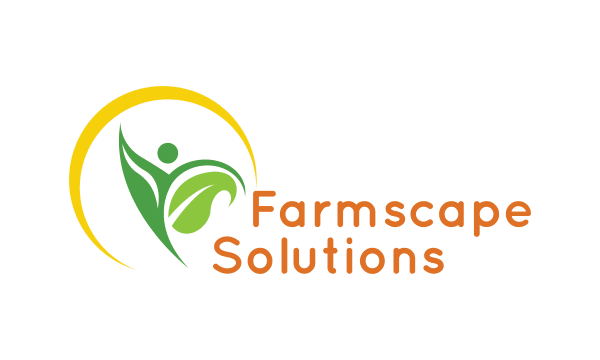The focus of Microloans is on the financing needs of small, beginning farmer, niche and non-traditional farm operations, such as truck farms, farms participating in direct marketing and sales such as farmers’ markets, CSA’s (Community Supported Agriculture), restaurants and grocery stores, or those using hydroponic, aquaponic, organic and vertical growing methods.
To learn more contact your local office or USDA Service Center to learn more about the programs. You should also be able to locate a listing in the telephone directory in the section set aside for governmental/public organizations under the U.S. Department of Agriculture, Farm Service Agency. The local FSA office staffs are happy to help you and discuss our loan programs with you in more detail.
Read more about microloan services.
Read More related articlesRelated Topics
Maximum profits in corn production depend on an effective and economical insect management program.
To plan such a program, producers must determine whether insects are present and the amount of damage being done. The “tools of technology” available in managing corn insects are cultural practices, the selective use of insecticides, insect scouting, transgenic varieties, and beneficial arthropods. The effectiveness of these tools can be maximized when used by all growers over a large area. Insect management does not mean reduction of the insect population to zero; instead it means a reduction below the level of economic damage.
This guide was compiled by both current and former Extension entomologists, plant pathologists, weed scientists, and a pesticide education specialist.
Download the Corn IPM Guide, IPM-0428.
For questions about accessibility or to request accommodations, contact Extension Communications and Marketing at 334-844-5696 or extcomm@aces.edu.
Maximum profits in soybean production depend on an effective and economical insect management program.
To plan such a program, producers must determine whether insects are present and the amount of damage being done. The “tools of technology” available in managing soybean insects are cultural practices, the selective use of insecticides, insect scouting, transgenic varieties, and beneficial arthropods. The effectiveness of these tools can be maximized when used by all growers over a large area. Insect management does not mean reduction of the insect population to zero; instead it means a reduction below the level of economic damage.
This guide was compiled by both current and former Extension entomologists, plant pathologists, weed scientists, and a pesticide education specialist.
Download the Soybean IPM Guide, IPM-0413.
For questions about accessibility or to request accommodations, contact Extension Communications and Marketing at 334-844-5696 or extcomm@aces.edu.
The Organic Vegetable IPM Toolkit slide chart, a critical tool for small producers and beginning farmers, provides information about organic and sustainable pest management strategies for more than 20 critical insect pest species.
The tool includes the most common chewing and sucking insect pests and connects those to the best practices of prevention or exclusion. Insects that this tool covers include tomato fruitworm, grasshopper, cutworm, thrips, and many more. Farmers can view systems-based practices, mechanical and physical tactics, and which biorational insecticides will work best before outbreak status.
To order a slide chart, contact Ayanava Majumdar at azm0024@aces.edu. You can also get a copy from any commercial horticulture regional Extension agent.




